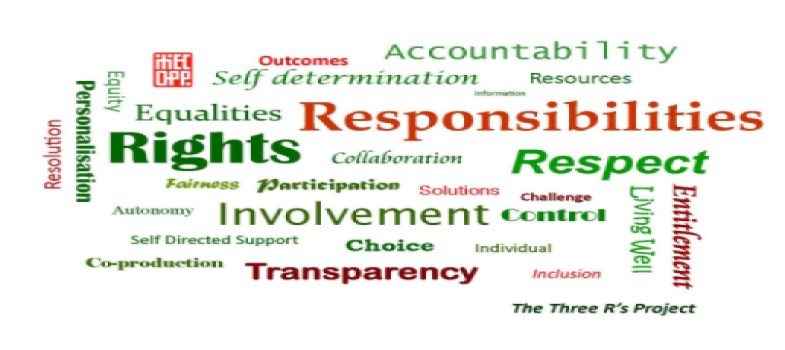Effective Challenges to Decision Making - What to do when things go wrong
3. Complaints Procedure
Social
Work CHP
- What is a complaint?
- The complaints handling process
- Governance of the complaints handling procedure
What
is a Complaint?
A complaint is not:
- a routine first-time request for a service
- a claim for compensation only
- a disagreement with decisions or conditions that are based upon social work recommendations, but determined by a court or other statutory body, for example decisions made by a children's panel, parole board or mental health tribunal
- an attempt to reopen a previously concluded complaint or to have a complaint reconsidered where we have already given our final decision.
The Complaints Handling Process
Frontline ResolutionInvestigation
This is Stage 2 of the Complaints Handling Procedure and represents an escalation in the process. In certain circumstances the complaint must be dealt with under Stage 2
When must a complaint be escalated?
- Frontline Resolution was tried but the Complainant remains dissatisfied and requests an investigation
- The Complainant refuses to take part in the frontline resolution process
- The issues raised are complex and require detailed investigation
- The Complaint relates to serious, high-risk or high-profile issues
“An investigation aims to establish all the facts relevant to the points made in the complaint and to give the customer a full, objective and proportionate response that represents [our] final position.”
(CHP p17)
Timelines
The following deadlines should apply at the investigation stage:
- complaints must be acknowledged within three working days
- a full response to the complaint should be provided as soon as possible but not later than 20 working days from the date the complaint received.
- Extensions should be rare
External
Review
Once the investigation stage has been completed, the Complainant should have the right to approach the SPSO if still dissatisfied.
